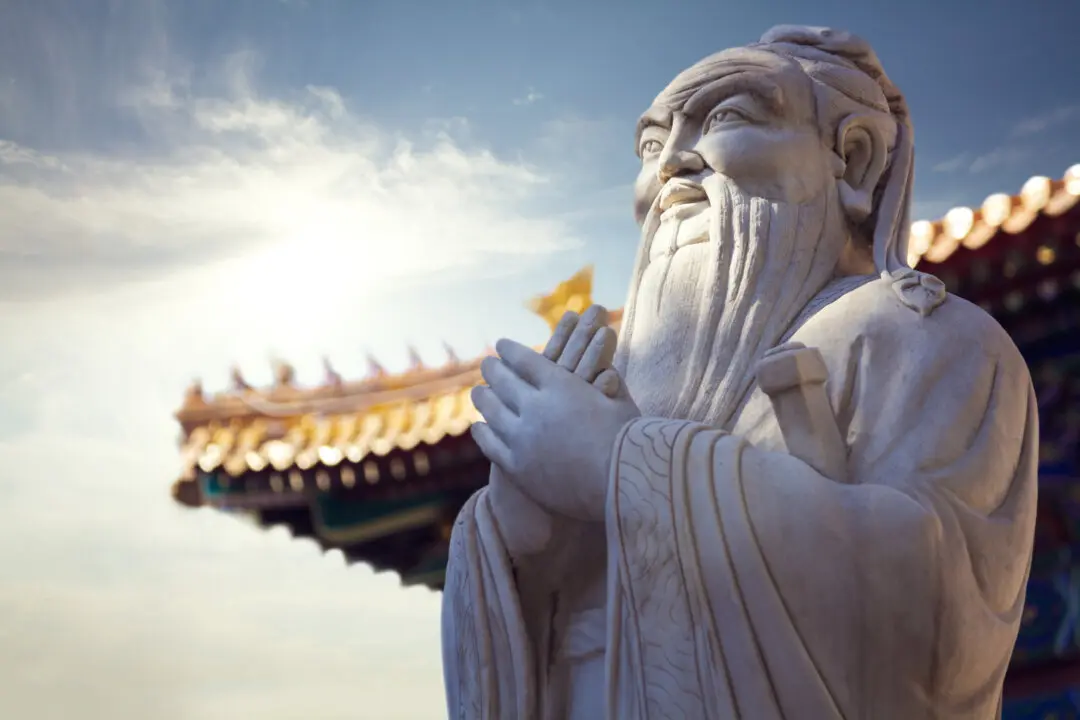The Chinese national soccer team (recognized as China PR by FIFA) slipped to 81st in the world with the rankings update by FIFA in April 2023, although the sport received big money and strong support from the communist regime.
Their best-ever ranking was 37th in 1998, while their worst came in 2013, dropping to 109th.





